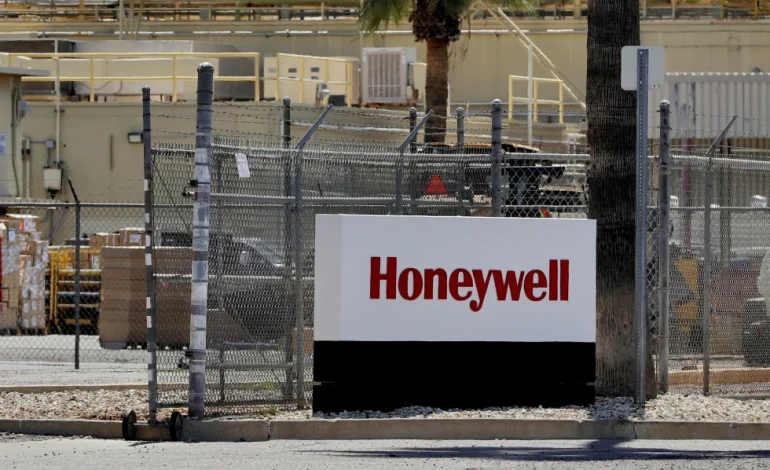Honeywell International Inc. announced Thursday that it will split into three independent companies, joining the trend of large US conglomerates like General Electric and Alcoa breaking up to become more agile and focused, The Associated Press reports.
The company, which manufactures a diverse range of products from eye solution to barcode readers, plans to separate its automation and aerospace technologies businesses. This follows earlier plans to spin off its advanced materials business, ultimately creating three smaller entities designed to operate more efficiently within their respective markets.
Honeywell has been actively seeking ways to streamline its operations, with the advanced materials spinoff, the sale of its personal protective equipment business, and several acquisitions all taking place within the past year and a half under CEO Vimal Kapur.
The public announcement comes roughly a month after Elliott Investment Management disclosed a stake of over $5 billion in the aerospace, automation, and materials conglomerate. Elliott had reportedly been pushing for the separation of the automation and aerospace businesses.
The separation of the automation and aerospace technologies businesses is projected to be completed in the second half of 2026. The spinoff of the advanced materials business is expected to occur by the end of this year or early next year.
Honeywell’s decision reflects a broader trend in corporate America, where conglomerates are facing increasing pressure from shareholders to simplify their structures. This allows individual segments of the company to operate with greater autonomy and adapt more readily to changes within their specific industries.
The move marks a shift away from the model championed by iconic CEOs like General Electric’s Jack Welch, who believed that size equated to power. However, massive companies have found themselves struggling to compete with more agile and focused upstarts. Investors have also sought greater transparency regarding the priorities within each division, which became increasingly obscured as companies expanded.
In 2015, metals maker Alcoa announced its split into two independent companies, separating its bauxite, aluminum, and casting operations from its engineering, transportation, and global rolled products businesses. GE followed suit in 2021, dividing itself into three public companies focused on aviation, health care, and energy. At the time, GE’s decision was viewed as a potential sign of the end of the conglomerate era, driven by the rise of the digital economy.
News of Honeywell’s split sent shares falling almost 3% in pre-market trading Thursday.








